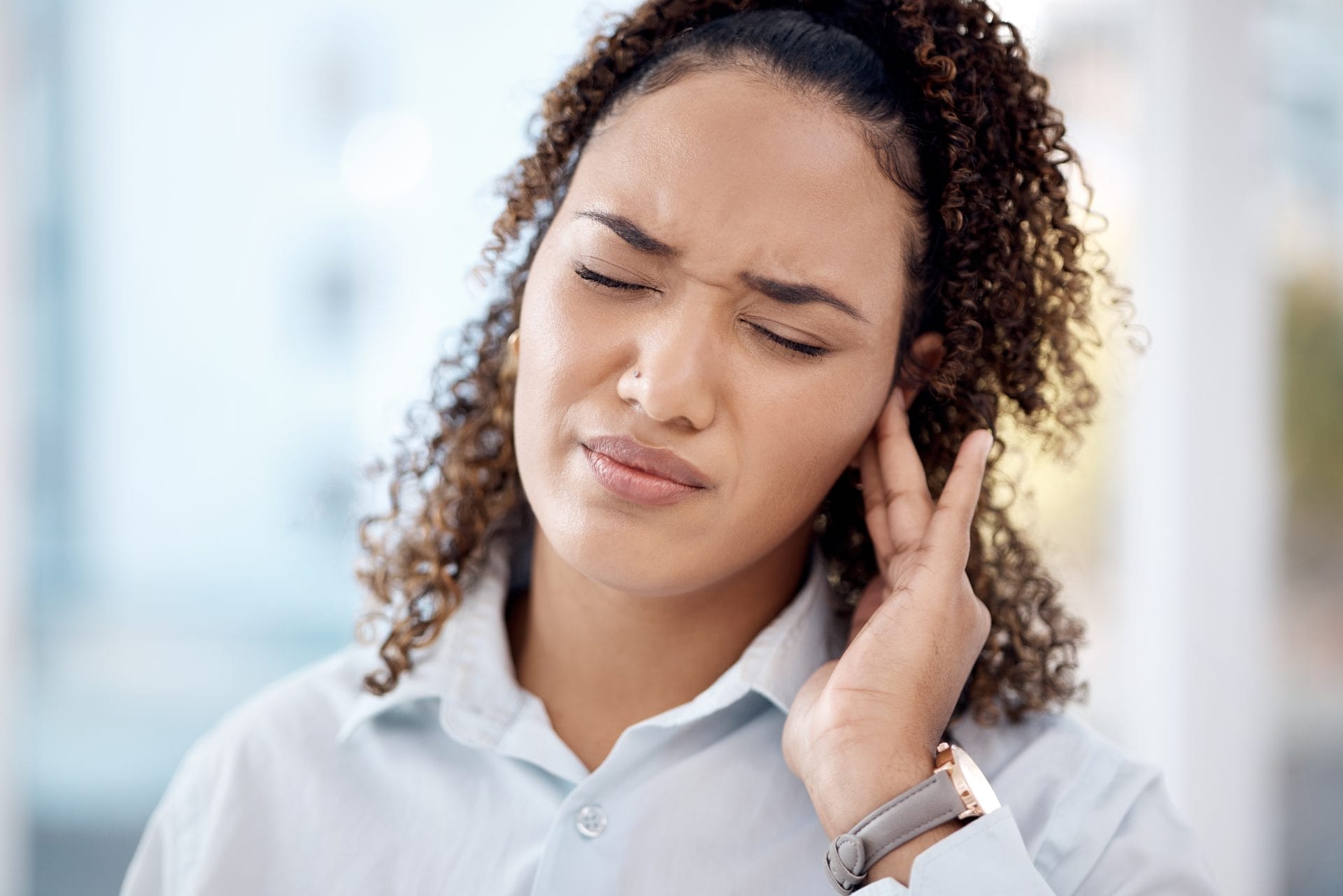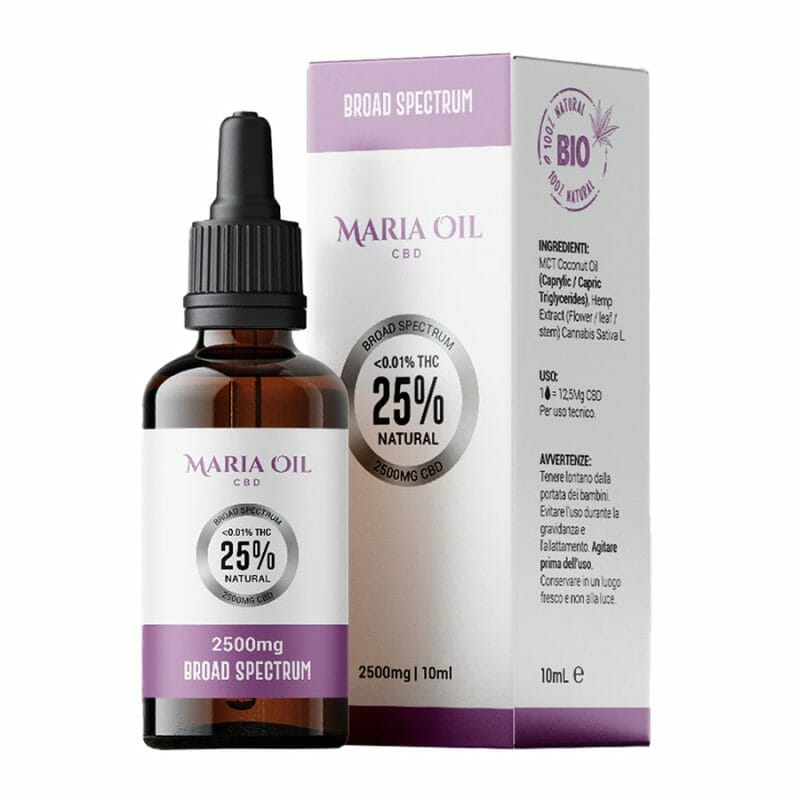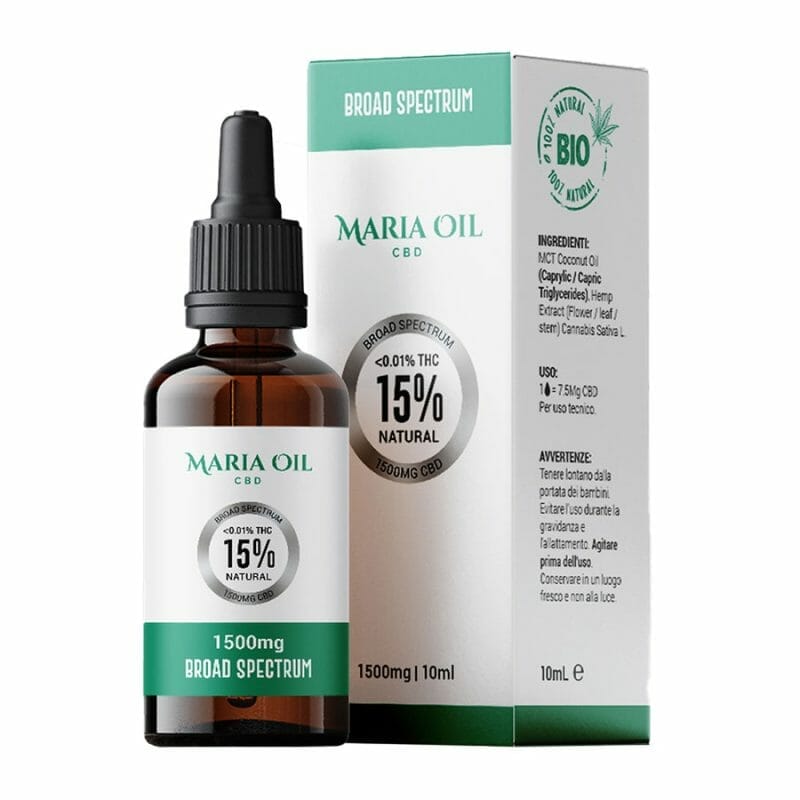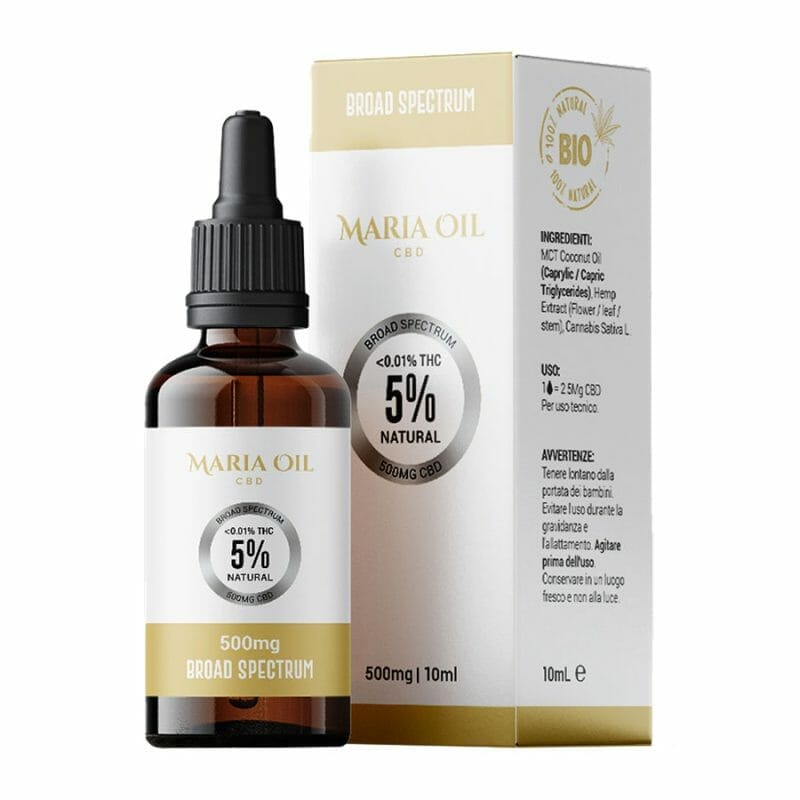Indice dei contenuti
Tinnitus, commonly known as ‘ringing in the ears’, is a widespread disorder that can have significant impacts on a person’s quality of life. Their nature and potential treatments, including the use of cannabidiol (CBD), are the subject of ongoing research and discussion.
-
Product on saleCBD oil 25% (2500mg) Broad SpectrumOriginal price was: £69.99.£59.49Current price is: £59.49.
-
Product on saleCBD oil 15% (1500mg) Broad SpectrumOriginal price was: £49.99.£42.49Current price is: £42.49.
-
Product on saleCBD oil 5% (500mg) Broad SpectrumOriginal price was: £19.99.£16.99Current price is: £16.99.
What is Tinnitus?
Tinnitus manifests as the perception of sounds such as buzzing, whistling, hissing, or squeaking that do not come from an external source. They can be intermittent or continuous and vary in intensity. Some common factors that can cause or aggravate tinnitus include:
- Exposure to High Noise: Prolonged exposure to loud noises can damage inner ear cells.
- Ageing: Age-related hearing loss may be accompanied by tinnitus.
- Vascular Problems: Conditions such as hypertension can affect blood circulation in the ear, causing tinnitus.
- Medications: Some medications, especially in high doses, can cause or worsen tinnitus.
Impact of Tinnitus
Tinnitus is not just a physical discomfort; it can have a considerable psychological impact. People suffering from tinnitus can experience:
- Concentration Difficulties: Constant sounds can be distracting and make concentration difficult.
- Sleep Problems: This disorder can make it difficult to fall asleep or maintain sleep.
- Stress and Anxiety: The continuous presence of noise can cause stress and anxiety.
Conventional Treatments
Conventional treatments for tinnitus aim to manage symptoms and improve quality of life.
These include:
- Sound Therapy: Use background sounds or sound masks to reduce the perception of tinnitus.
- Behavioural and Cognitive-Behavioural Therapies: They help manage emotional reactions to tinnitus.
- Medications: In some cases, medications such as antidepressants or anxiolytics may be prescribed.
CBD and Tinnitus
Cannabidiol (CBD) is a compound found in the cannabis plant that has gained popularity for its potential therapeutic benefits, including the relief of anxiety and pain. CBD is not psychoactive, unlike tetrahydrocannabinol (THC).
Mechanism of Action
CBD interacts with the body’s endocannabinoid system, which plays a role in many functions, including mood regulation and pain perception. This interaction may have beneficial effects for tinnitus sufferers, especially in terms of reducing anxiety and associated pain.
Research and Studies
Research on CBD and tinnitus is still at an early stage. Some studies suggest that CBD can help manage symptoms associated with tinnitus, such as stress and anxiety, but there is no evidence that CBD can directly cure tinnitus.
-
Product on saleCBD oil 25% (2500mg) Broad SpectrumOriginal price was: £69.99.£59.49Current price is: £59.49.
-
Product on saleCBD oil 15% (1500mg) Broad SpectrumOriginal price was: £49.99.£42.49Current price is: £42.49.
-
Product on saleCBD oil 5% (500mg) Broad SpectrumOriginal price was: £19.99.£16.99Current price is: £16.99.
Considerations and Side-Effects
Although CBD is generally considered safe, it can have side effects such as drowsiness, dry mouth and changes in appetite. It is important to consult a doctor before starting any CBD treatment, especially if you are taking other medications.
Conclusion
Tinnitus is a complex disorder with multiple causes and treatments. While CBD (see our CBD shop) may offer some benefits in the management of associated symptoms such as anxiety and stress, further research is essential to fully understand its role in the treatment of tinnitus. Consultation with a health professional is crucial before embarking on any new treatment.
-
Product on saleCBD oil 25% (2500mg) Broad SpectrumOriginal price was: £69.99.£59.49Current price is: £59.49.
-
Product on saleCBD oil 15% (1500mg) Broad SpectrumOriginal price was: £49.99.£42.49Current price is: £42.49.
-
Product on saleCBD oil 5% (500mg) Broad SpectrumOriginal price was: £19.99.£16.99Current price is: £16.99.
 Contact us
Contact us 



